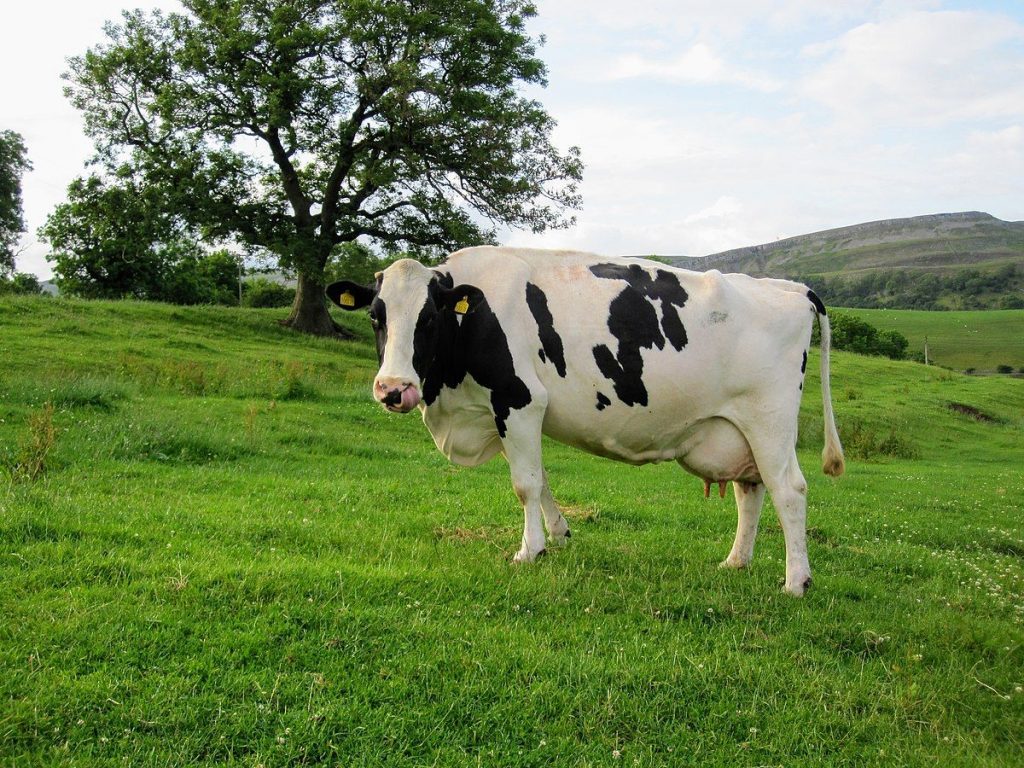
I quote his article: “To claim that one can reduce N application rates by 50% and still maintain profitability by using some humate or seaweed-based spray, disobeys both the laws of agronomy and thermodynamics, as well as common sense.”
The latter half of the sentence is undoubtedly correct, but I am really not sure who is claiming that N input can be reduced by 50% by using humates and/or seaweed. Admittedly, as the agent for the Humintech range of bio-stimulants and soil conditioners in the UK and Ireland, I have a vested interest in correcting such erroneous, indeed wild, claims.
There is no doubt that judicious use of high quality humates improves NUE and recently trials were completed in Wales in which regular applications of foliar urea with potassium humate increased grass yields and at the same time reduced the cost of N/litre of milk produced.
My own dairy customers, who mix potassium humate with slurry, report not only increased milk yields but higher butter fat percentages too. The overall improvement in forage yield and quality have multiple benefits, as one would expect. The same goes for non-dairy livestock farmers, with similar yield and quality benefits reported on arable farms.
In June, 2019, new legislation was introduced in the EU to regulate the bio-stimulant industry and to make it illegal to make such claims without the necessary data to back it up. Manufacturers are now required to fully label products, with detailed analyses of the contents.
Most of the large manufacturers, of which Humintech is one, were always compliant. However, there are many smaller purveyors of alternative products who are not and who continue to flout the law.
Although given three years to meet the requirements of the legislation, there have been some delays to finalising the protocols for efficacy and this means that for the foreseeable future the law will be unenforceable.





















